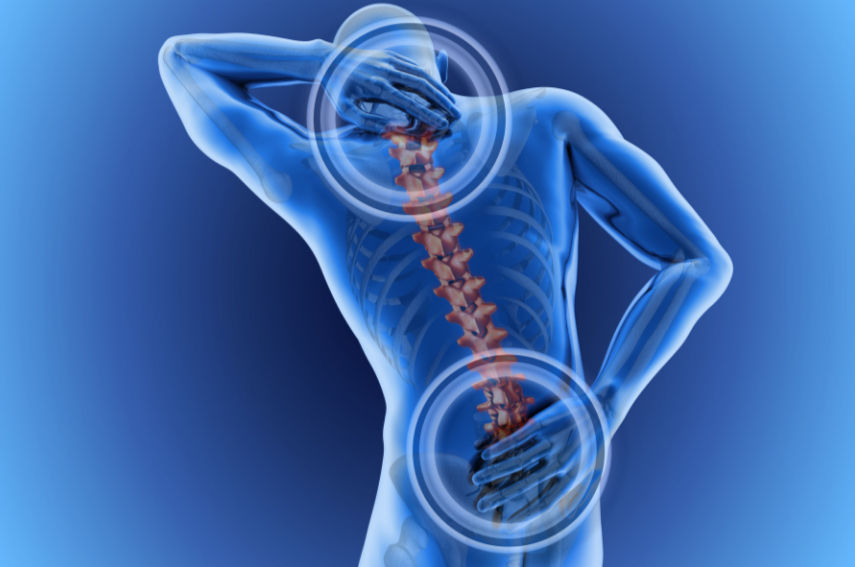Equestrians: To Wear a Helmet, or Not?
- Dr. Melissa Adams

- Jul 15, 2024
- 2 min read

An age old debate ... to wear a helmet, or not??
It probably seems fairly obvious to some, but we've all seen people riding horses without a helmet, and some swear they will never wear a helmet.
To each their own, but ... does wearing a helmet REALLY help? Like, REALLY, does it help?
This study looked at equestrian riders with skull fractures and intracranial hemorrhage (bleeding in their brain), after they had a fall with or without a helmet.
What they found is perhaps not all that surprising to many ...
Those wearing a helmet were much less likely to suffer from a skull fracture and those not wearing a helmet sustained more complex skull fractures.
Those who were not wearing a helmet were also much more likely to suffer from intracranial hemorrhage.
Why do these matter? Skull fractures and intracranial hemorrhage?
These matter because in a brain injury situation, there can be a significant difference between "just" a concussion and a concussion + skull fracture + bleeding in your brain!
First, concussions alone can be incredibly debilitating, let alone when the other factors are also present, but your recovery can look very different, be less costly, involve less (if any) hospitalization, etc if you "only" have a concussion.
So ... PLEASE wear your helmet EVERY SINGLE TIME, when you are around horses and especially when you are riding, the risk is not worth it!
Also ... you MUST replace your helmet after a fall, EVEN IF you did not hit your head! Your helmet can be damaged in a way that is not obvious visually, putting you at higher risk of greater injury with your next fall.
ALSO ... helmets should be replaced at least every 5 years, when they've gotten very wet, etc because that foam inside starts to break down, providing less effective (if any) protection from injury.
I know, I know, helmets are expensive but you know what's more expensive? Hospital, rehab bills, and funerals ... wear your helmet and replace it when needed!
**This is not medical advice, always ask a chiropractor if chiropractic care is appropriate for you, and your preferred healthcare provider before making dietary or lifestyle changes**








Comments